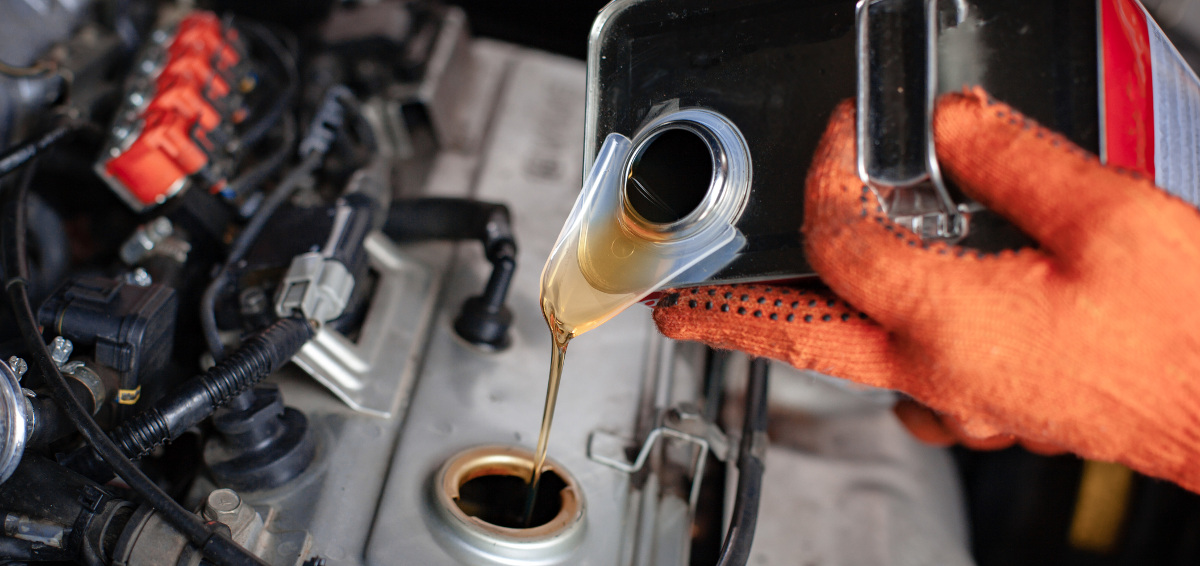Chemical tech boosts lubes bio products and circular economy
Chemical technology is helping to create new bio-lubes, while majors are collaborating with non-lube giants to recycle chemicals and plastics.
Chemical technology is helping to create new bio-lubes, while majors are collaborating with non-lube giants to recycle chemicals and plastics.
Research and development reveals new, climate positive sources, testing and environmental benefits.
The oil majors delivered disappointing short-term news to thier shareholders after earning and profits were hit across the board as a result of lower oil prices and increased costs.
Analysis of the last 25 years' of global lubricants demand shows a relatively flat market - with a tip towards China and India, but energy demand is set to soar from now until 2050.

With a global drive towards high-performance, low emission engine oils, it would seem lubes product portfolios are only going in one direction. But what happens if local consumers are on a different journey? Russia is a case in point.
Extending engine life while meeting the latest emissions regulations and OEM demands are the main focus of a range of new products announced by majors and independents including Pennzoil, PetroCanada, Shell and Petronas.
VW no longer excluded from US public sector contracts, but is among other automakers that may not be ready for Euro WLTP regs.
The API is set to review the standards development process following the nine year development period for the lastest GF-6 spec. But the approved spec could now roll-out faster than expected across EMEA.
New vehicle technologies require grease and lubes producers to stay ahead of the curve.
US automakers & State of California combine to drive up emissions standards; China & India add regs pressure on lubes producers.